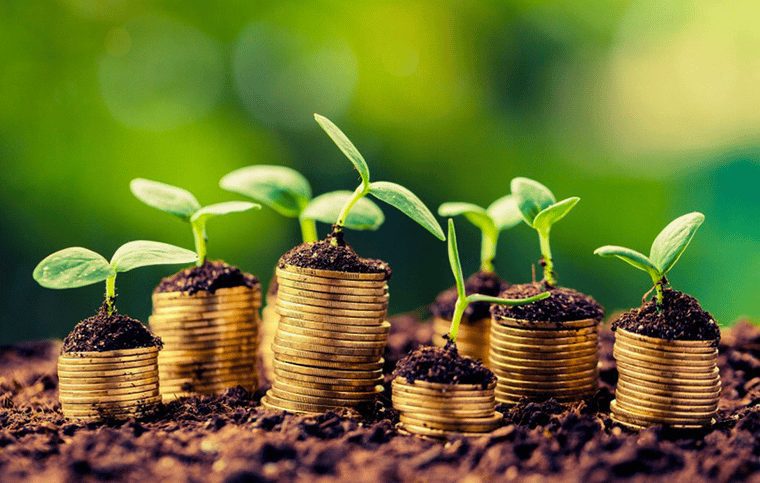Source: Paul Makube, senior agricultural economist at FNB Agri-Business, 8 April 2021, photo credit: TheMacadamia
Fuel is the lifeblood of the agriculture value chain with all processes from farm to fork heavily reliant on its availability at the right time and at an affordable price.
The recent developments from a fuel perspective indicate that the determinants of fuel prices have all trended on the upside with Brent crude oil prices rising by 6.7% m/m in April 2021 to average US$64/barrel and the rand exchange rate depreciating by 1.3% to R14.95/US$ during the same period.
This comes at an unfortunate time with the onset of the winter crop planting season and summer crop farmers gearing themselves for the winter harvest. We are heading into increased activity on the agriculture calendar and demand and consumption of fuel is expected to increase in the medium term.
The escalation in fuel costs does not bode well for producers as production costs are likely to escalate across the value chains, with varying impact on planting, harvesting, distribution and packaging.
Grain producers and logistics companies in the agriculture value chain will feel the pain as closer to 80% of grain is transported by road.
Livestock and horticulture with citrus harvest in its infancy will also be affected in terms of distribution across the country and for exports. Moreover, the prices of derivatives of crude oil processing such as fertilizer, herbicides and pesticides are likely to increase should the recent uptrend persist.
The South African Pork Producers’ Organisation (SAPPO) coordinates industry interventions and collaboratively manages risks in the value chain to enable the sustainability and profitability of pork producers in South Africa.
















